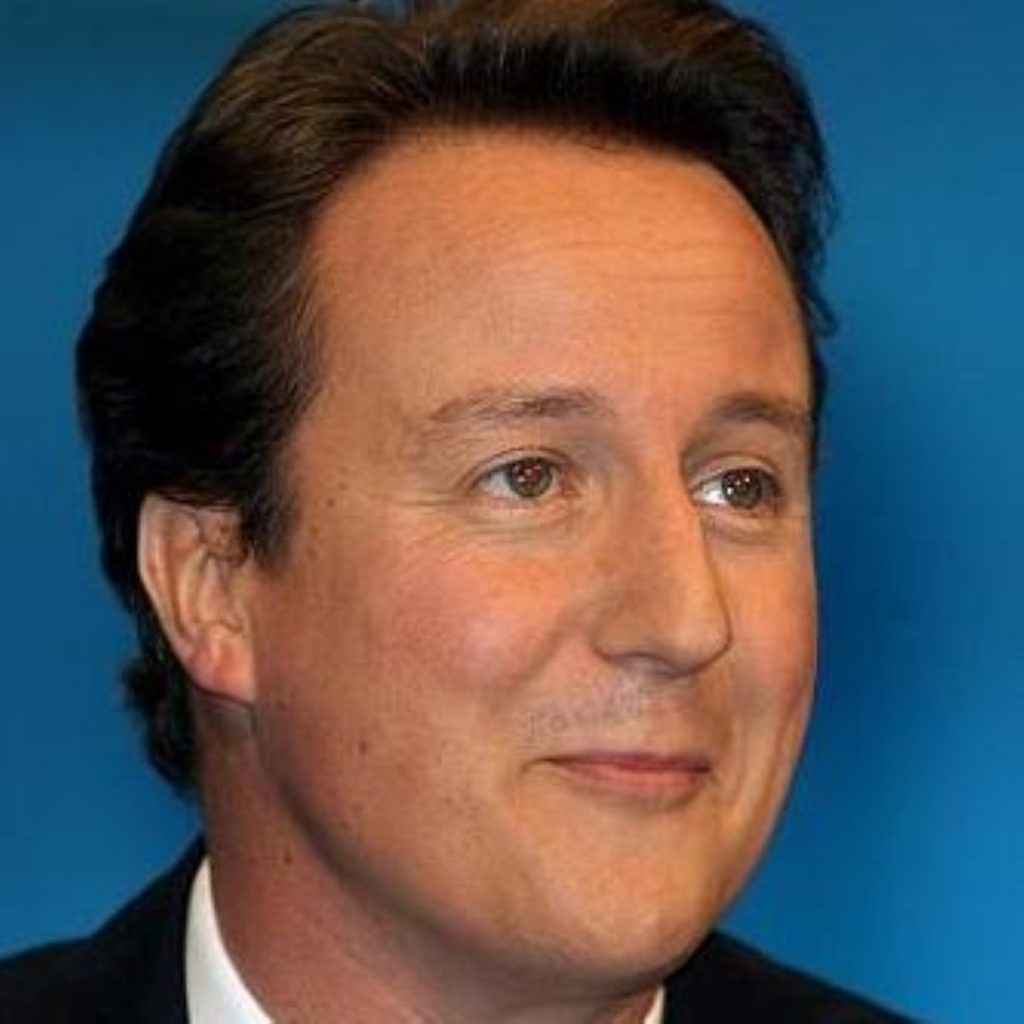Cameron denies hoodie hugging
David Cameron has denied ever saying the three words that have dogged him for the past year – “hug a hoodie”.
Returning to the Police Federation conference, Mr Cameron claimed his speech last year – where he called for more compassion towards young offenders – had been widely misinterpreted.
The Tory leader argued his speech about hoodies “has been more misunderstood and more misrepresented than anything I’ve ever said”.
“In fact it was three words I never said,” he added.


Mr Cameron told police officers in Blackpool the Conservatives would be tough on crime. But, he said punishment must be accompanied by prevention.
“That’s not soft – it’s serious,” he said.
Outlining the relationship between the police and a future Conservative government, Mr Cameron said the police would be freed to fight crime while the government concentrated on addressing social breakdown.
A broken society is the root cause of crime and must be fixed by the government, Mr Cameron claimed. But he argued the police should not be responsible: “You should be crime fighters, not social workers or form writers.”
The new-look Conservatives would launch a social policy revolution as far-reaching as the economic revolution led by Margaret Thatcher, Mr Cameron said.
If elected, he pledged to reduce centralisation and bureaucracy, reduce paperwork, update the IT system, abolish targets, simplify performance measures and restore discretion.
Government policy would focus on strengthening families and preventing social breakdown. Mr Cameron insisted he would resist the urge to “keep pulling on those levers” and introduce more legislation and criminal justice acts.
He criticised the Labour government’s record on criminal justice, saying the Conservatives would not attempt to equal Labour’s record on 30 criminal justice bills in ten years.
Mr Cameron also reiterated his commitment to scrapping the Human Rights Act.
Speaking at the same conference, Liberal Democrat leader Menzies Campbell also criticised the extent of police paperwork, arguing officers had become “bureau cops”.

